How to Deal with Exam Stress
Do you feel a pang in your stomach when you think of your upcoming GCSE exams?
You’re not alone, every year countless GCSE students worry about their exams but it’s important to understand how to deal with stress so that it won’t negatively affect your performance. A little bit of exam stress can motivate you to work harder but excessive anxiety can cause:
- Lack of sleep
- Poor appetite
- Increased heart rate
- Migraines or headaches
Let’s put those harmful feelings to one side and focus on GCSE revision tips that can help you control your stress levels. Here’s some practical tips to help you revise for exams without the pressure:

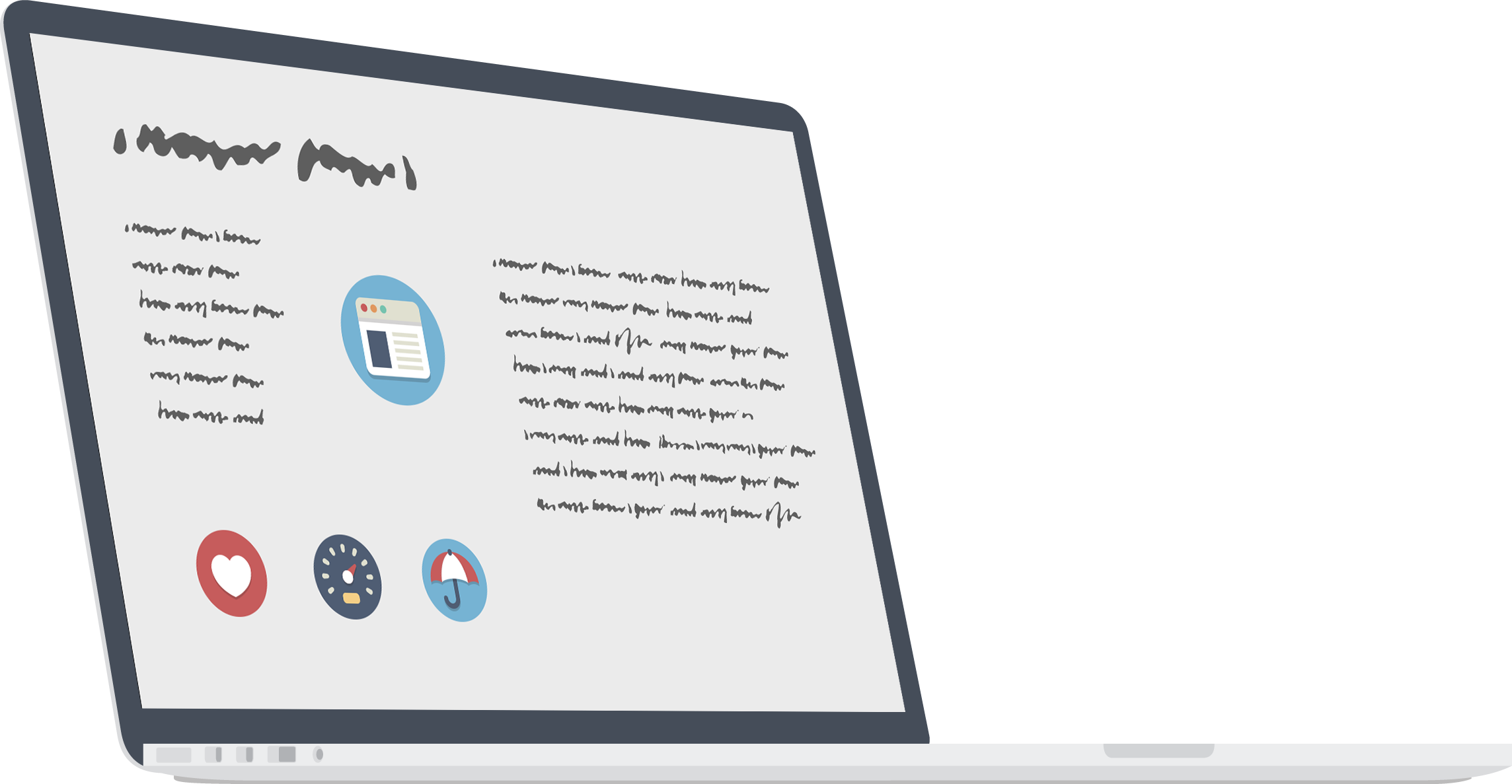
1. Make Time to Get Enough Sleep
Getting between 6 and 8 hours’ sleep each night will help you keep focused and concentrate better. Sleep is also a powerful mechanism for remembering information better as it helps your brain assimilate new knowledge into your long-term memory which you can retain and recall during your exam. You’re not revising when you’re asleep but you are preparing for the next day’s study or revision.
Having trouble sleeping? Don’t let work distract you – keep your notes away from your bed and turn off digital devices at least half an hour before bed. To increase the likelihood of getting a good night’s sleep try spraying some lavender on your sheets and, of course, don’t drink tea or coffee in the evening.
2. Use Mobile
The mobile device you carry everywhere can be used for much more than checking Instagram and sending Snapchats every 5 minutes.
With GoConqr’s web application, you can access everything you need on the site directly from your phone or tablet.
Reduce your exam stress knowing that all your information is located in one place. With GoConqr mobile, that one place is right in your pocket. Review last minute Flashcards or take a moment to look over a MindMap.
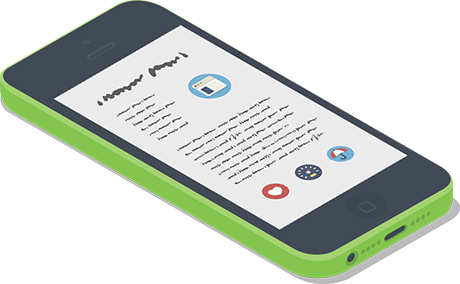
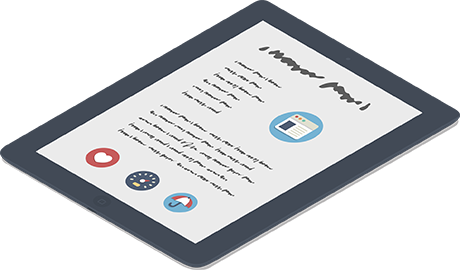
3. Practice Meditation
Studies say that practicing meditation can improve focus and concentration while studying. Giving your mind some space can make you feel more relaxed and calm when you are faced with stressful situations such as the GCSEs.
Try integrating tips one, two and three by downloading a meditation app which is designed to help you sleep. Relish the benefits and show your friends how to deal with exam stress like a pro!
4. Eat the Right Foods
You don’t need to read these tips to know that eating pizza every day won’t help you get the most from your brain when revising for your GCSEs. Following a healthy diet and avoiding stimulants such as coffee, will be beneficial for all areas of your life.
We recommend eating dark chocolate which fights the stress hormone cortisol and releases endorphins which act as a natural stress fighter. Green tea is also known for having a relaxing effect on the body. Eating the mandatory dosage of fruit and vegetables is also a good idea if you’re serious about reducing your stress levels, and eating fish with high levels of Omega 3, such as sardines, mackerel, herrings, and salmon, is said to boost your brain power.
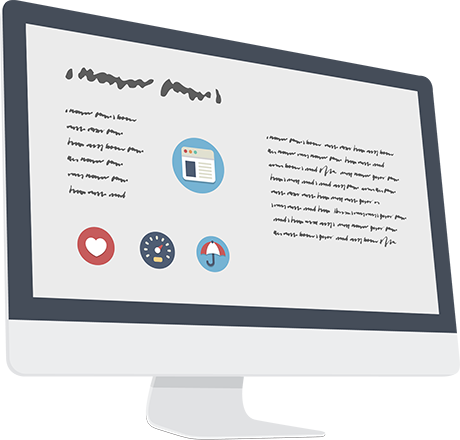
5. Get Organised
The sense of calm you feel when you are properly organised to study contributes to a positive and productive atmosphere. However, being organised is about much more than lining up your coloured highlighters!
Building a personal revision timetable can help you add structure to your learning. Outlining short-term goals that you are regularly hitting will boost your study motivation and help you build a foundation for success. Getting into a productive study routine is a good way to avoid experiencing exam stress. The earlier you start, the better outcome you’re likely to have, but it’s never too late to get organised.
Create your revision timetable online with our free e-learning tools on GoConqr here:
Sign Up to Create your Revision Timetable6. Avoid Negative People
Loads of other GCSE students will be dealing with exam stress at the same time so don’t let others bring you down. When you follow some of the practical tips in this article, you will have developed a set of skills to help you cope better. Don’t let negative people impact the progress you have made.
Everyone is different and others may unload their worries onto you as a coping mechanism. Make sure to tell you friends how this is making you feel and encourage them to speak to the school’s pastoral care about their worries. If they are feeling stressed out, share this list of tips with them!
7. Listen to Music
Listening to music can elevate your mood and help you revise more effectively. Classical music in particular is recommended for studying as it is known to boost brain power.
Music can also fight boredom and motivate you to continue studying for longer. Sticking your earphones in can help you get into the right mindset and focus on the task in hand.
If you find yourself getting distracted and singing along to your favourite tune, check the playlists on Spotify for some mood music which can help you stay on track. Or when you’re finished studying and need to wind down, put on a dance track and bust some moves!
8. Get Some Exercise
… Speaking of moves…. many students who feel the pressure of the GCSEs weighing down on them feel as if they should spend every waking minute revising.This simply isn’t true. Sitting down for hours at a time desperately trying to revise GCSE maths can be an unproductive waste of time and can actually set you back.
Studies have shown that taking regular study breaks and exercising can boost brain activity and improve memory. Even taking a quick walk around your school or home will help you concentrate better when you get back to your desk. The fresh air boost can help you conquer any exam stress you find creeping in when you are stuck at your desk all day.
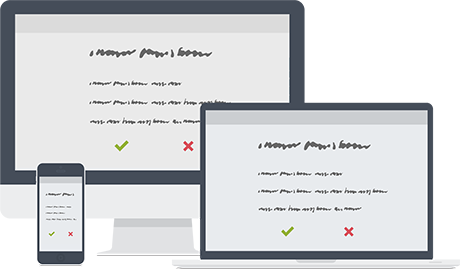
9. Fit Fun into your Study Routine
Spending all of your time stuck to your books can be extremely boring and it’s unnecessary. Don’t get us wrong, of course you will need to dedicate a lot of time to revising but don’t go over the top as this could work against you.
Take some time out to have fun with your friends or hang out with your family as this will have a positive impact on your stress levels. You could also try adding some fun elements into your study routine such as testing yourself with interactive online quizzes.
10. Keep your End Goal in Mind
If you’re constantly thinking about the amount of work that’s stacked high on your desk, you will start to feel as if it’s never ending.
Here’s a quick tip to bolster your motivation; write your study goals on a post-it and stick it up near your study station. You should also write the end date of your GCSE exams so you know that this is the final push and soon you will reach the final frontier where all of your hard work will culminate.

Bonus Stress-busters
Outlined above are the best practical tips for reducing exam stress for GCSE students. There are also some unexpected ways that students can rise above the tough exam period such as:
- Playing with your pet
- Bursting bubble wrap
- Repeating mantras and chants
- Listen to comedy
Don’t forget to block any distractions such as your phone, mobile device or random internet browsing. There’s some great tools you can use such as the SelfControl website that can force you to pay attention to your studies. These steps will help you conquer exam stress and GoConqr can help you get the exam results you want.
Revise Better with GoConqr Here Previous:
GCSE Study Guides
Previous:
GCSE Study Guides 


